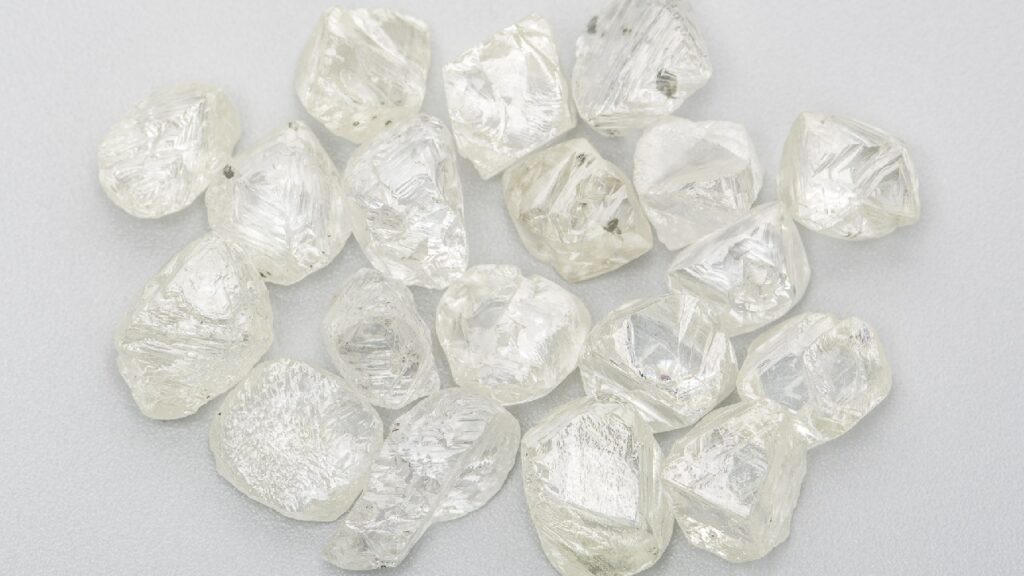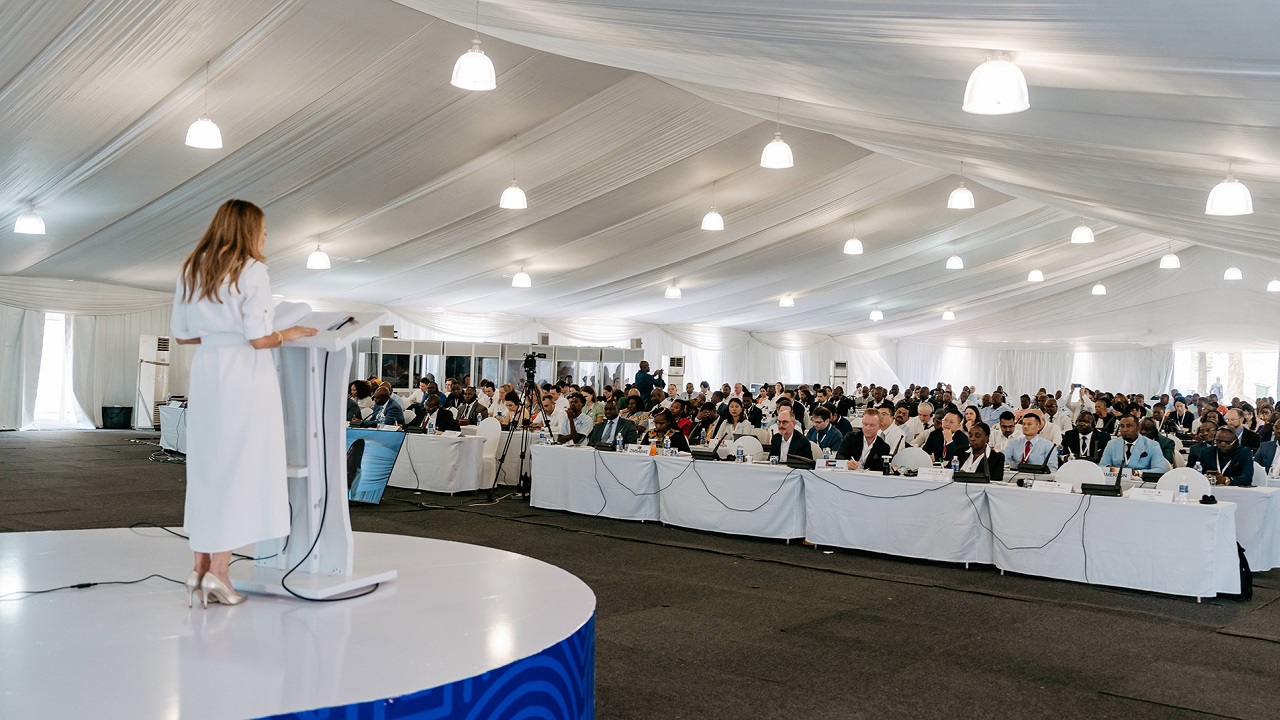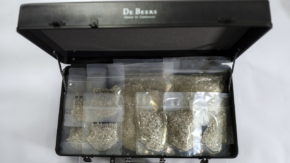The African Diamond Producers Association (ADPA) has criticized the countries that sought to include discussions of the Russia-Ukraine war in the Kimberley Process (KP) agenda.
The recent KP plenary “became hostage to the desire of an aggressive minority to politicize the meeting’s agenda and include geopolitical issues that go beyond the KP mandate,” the ADPA said Monday in a statement.
The plenary ended without a final communiqué after participants failed to agree on whether to mention the conflict in the document, which summarizes the annual meeting’s decisions, insiders told Rapaport News last week.
Members of the Group of Seven (G7) — which includes the US, Canada and the European Union — wanted the communiqué to recognize a letter that Ukraine sent to the KP ahead of the meeting calling for a discussion on the role of diamonds in financing the Kremlin’s military activity. Other governments opposed this, and not one government outside the “Western bloc” spoke out in support of the G7 countries, Russia said.
The US, Canada and the Kimberley Process Civil Society Coalition issued statements lamenting the inability to address the Russian conflict following the meeting, which ran from November 6 to 10 in Zimbabwe.
However, the ADPA claimed the “incitement of no consensus was dictated by the needs of the minorities to push the G7 initiatives, as the KPCS [KP Certification Scheme] does not seem to correspond to their broader geopolitical agenda.”
An “observer” at the KP, the ADPA represents some but not all African producing countries. Botswana is not a member but attends meetings as a guest, a spokesperson for the association said. Its positions do not always reflect those of its member governments, a source connected to the KP noted.
The disagreement comes amid ongoing efforts by G7 nations to impose sanctions on Russian diamonds, with the bloc currently considering different industry proposals for enabling this. Last month, the ADPA attacked this process for failing to consult with African producers.
The claim of politicization is the “go-to argument for those who have been refusing for years to open up the KP’s very narrow and long-outdated mandate,” a spokesperson for the Kimberley Process Civil Society Coalition said, referring to the definition of conflict diamonds, which only covers violence by rebel forces. “It is used by actors that are comfortable in the status quo that protects government and corporate interests at the expense of diamond-affected communities and fairness towards consumers.”
RELATED READING

Main image: World Diamond Council (WDC) president Feriel Zerouki addressing the opening of the 2023 Kimberley Process plenary. (World Diamond Council/Ann Van de Voorde Photography)
Stay up to date by signing up for our diamond and jewelry industry news and analysis.



